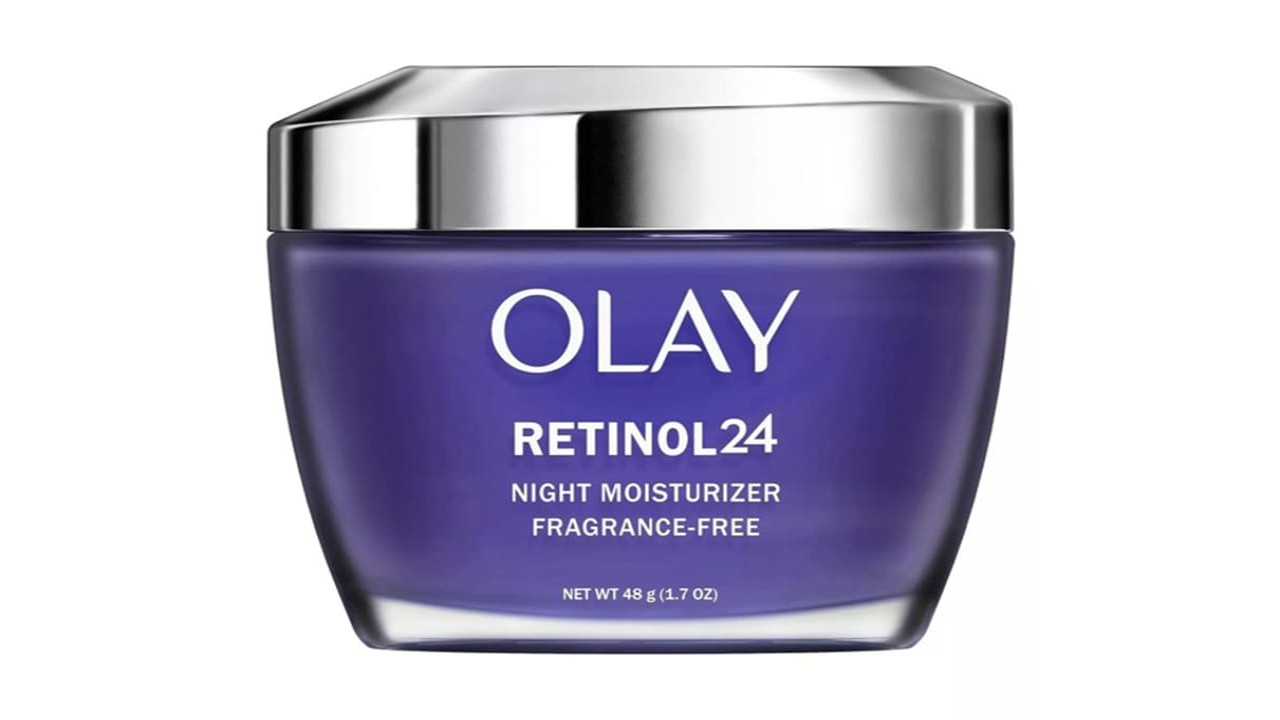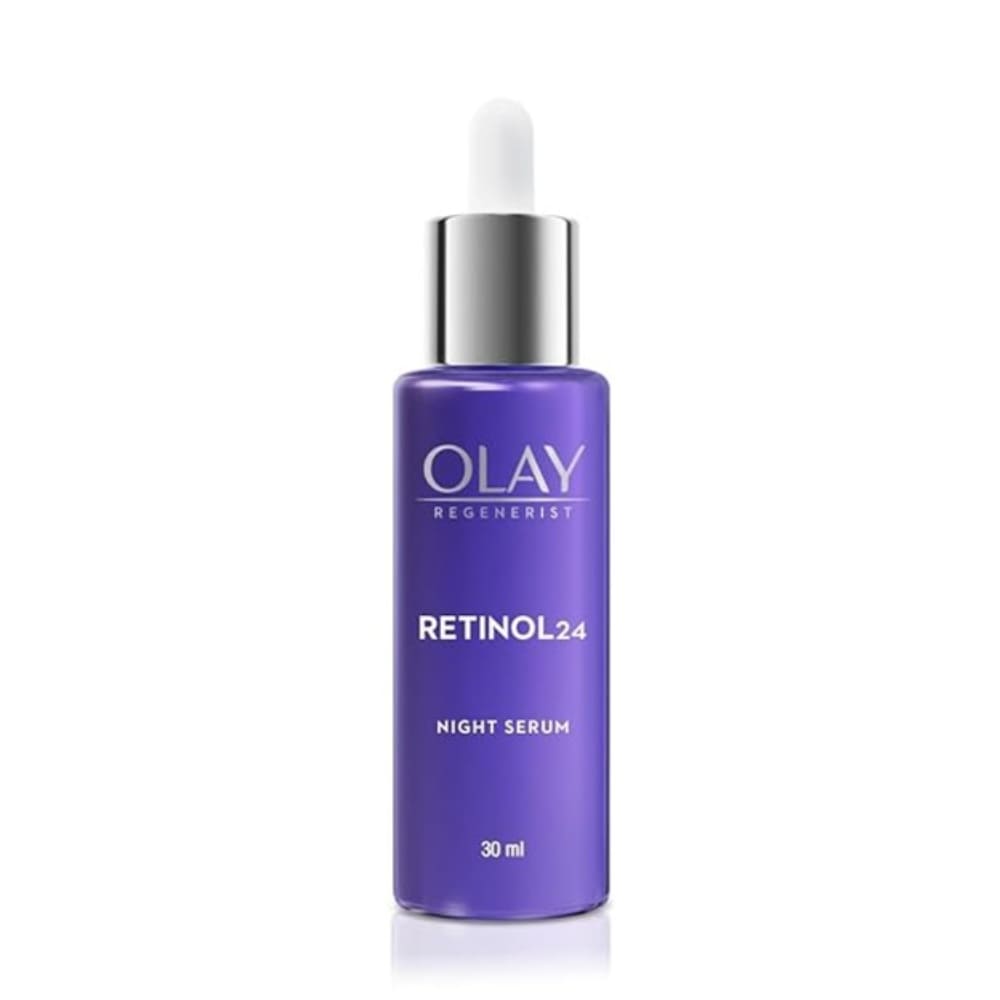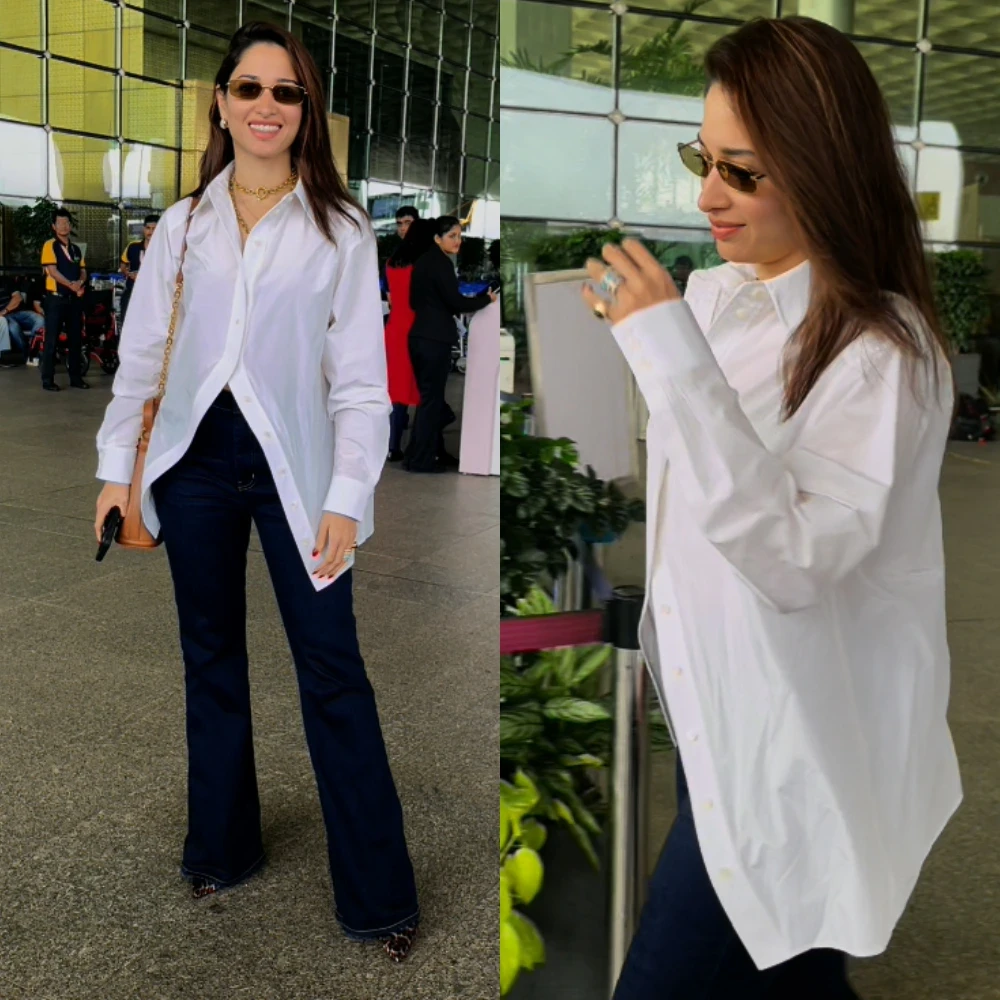What Retinol Really Does to Your Skin—Right Down to the Chemistry
Retinol makes your skin more sensitive to UV rays, so applying a broad-spectrum SPF every morning is a must to protect your investment and prevent further damage.

If you’ve ever dipped a toe into the world of skincare, chances are you’ve heard about retinol. It’s often known as a superstar ingredient for fighting signs of aging, enhancing radiance, and smoothing texture. But what actually happens when you apply retinol to your skin? Let’s break it down all the way to the chemistry without getting too tangled in the science jargon.
What Is Retinol, Anyway?
Retinol is a form of vitamin A, one of the most well-researched and proven ingredients in skincare. It belongs to a larger family called retinoids, which includes prescription-strength products and gentler over-the-counter versions like retinol itself or retinyl propionate. What makes retinol products so effective is their ability to interact with your skin cells at a microscopic level, signaling them to speed up renewal, produce essential proteins like collagen, and repair damage, helping your skin look smoother, firmer, and more youthful over time.
How Retinol Works on Skin (The Chemistry Behind the Glow)
When you apply retinol serum or cream, it penetrates the skin and gets converted by enzymes into retinoic acid, the active form that your skin can use. This retinoic acid acts like a command center, signaling your skin cells to speed up their natural renewal process.
Think of your skin as a constantly renewing ecosystem. New cells form at the base, slowly rise to the surface, and eventually shed off. With age, this turnover slows down, leaving skin looking dull, rough, and lined. Retinol turbocharges this cycle, encouraging quicker cell turnover so fresh, healthy cells replace the old ones faster. That’s why your complexion can look brighter and smoother with consistent use.
Increasing Collagen and Fighting Wrinkles
Collagen is the protein that helps keep your skin firm and plump. It acts as the structural scaffolding beneath the surface. Unfortunately, collagen production decreases as we get older, leading to sagging, fine lines, and wrinkles.
This is where retinol truly shines. It stimulates collagen synthesis and helps strengthen that scaffolding, making your skin appear firmer and more youthful over time. Studies have shown that retinoids can even reduce the appearance of fine lines and wrinkles by promoting collagen production and increasing skin thickness.
Fading Dark Spots and Smoothing Texture
If you’ve noticed dark spots or rough patches, retinol can help with that too. By promoting faster cell turnover, it encourages the shedding of pigmented and damaged skin cells, which can fade discolouration and reveal a more even skin tone.
Plus, retinol has been shown to calm inflammation and support the skin’s natural repair mechanisms, helping your skin bounce back from environmental damage like sun exposure.
Patience Is Key (And So Is Protection!)

All these benefits of retinol for the skin sound amazing, right? But here’s the thing: retinol is potent, and your skin needs time to adjust. At first, you might notice some dryness, redness, or flaking. That’s your skin’s way of adapting to the faster renewal process. Starting slow and using a hydrating moisturizer alongside retinol can help ease this transition.
And don’t skip sunscreen. Retinol makes your skin more sensitive to UV rays, so applying a broad-spectrum SPF every morning is a must to protect your investment and prevent further damage.
Take Away: Why Retinol Deserves a Spot in Your Routine
Retinol is a skincare hero because it works on multiple levels: speeding up cell turnover, increasing collagen, evening out dark spots, and supporting skin repair. Its chemistry-driven effects take time but can transform your skin’s texture, tone, and overall youthful glow.
If you’re new to retinol, start with a gentle formulation like Olay Regenerist Retinol24 Night Serum or Olay Regenerist Retinol 24 Night Face Cream. These products contain retinyl propionate, a milder and more stable form of retinol, along with a hydrating complex that helps minimize dryness. The formula works overnight to smooth and even out skin tone, and many users report visible improvements in fine lines and wrinkles within just 28 days. It’s also free from artificial dyes, fragrances, and oils, making it suitable for daily use.
To learn more, consult a dermatologist. With patience, protection, and consistency, retinol can be an effective part of your skincare routine for years to come.
This article is in paid partnership with Olay Skincare.
ALSO READ: Tamannaah Bhatia’s DIY face masks for glowing, healthy skin





 JOIN OUR WHATSAPP CHANNEL
JOIN OUR WHATSAPP CHANNEL































































